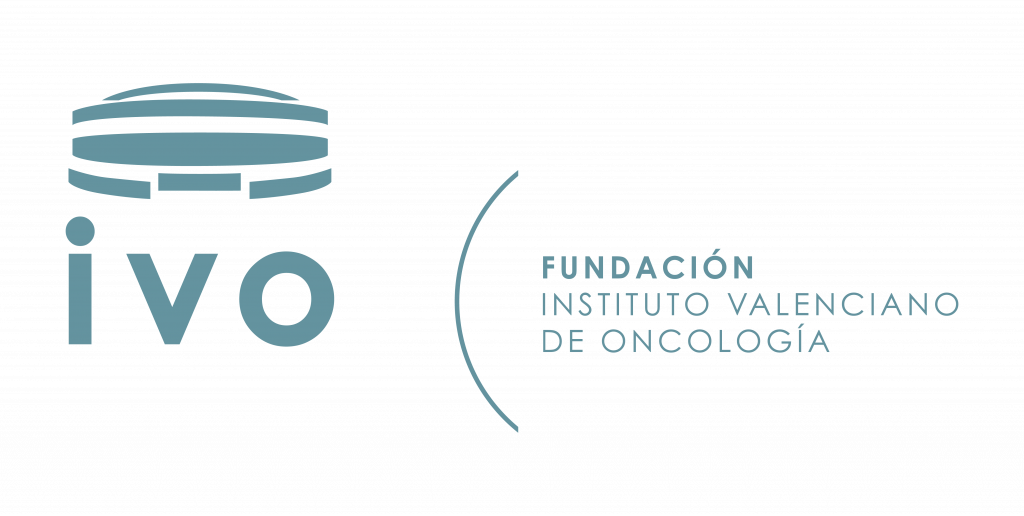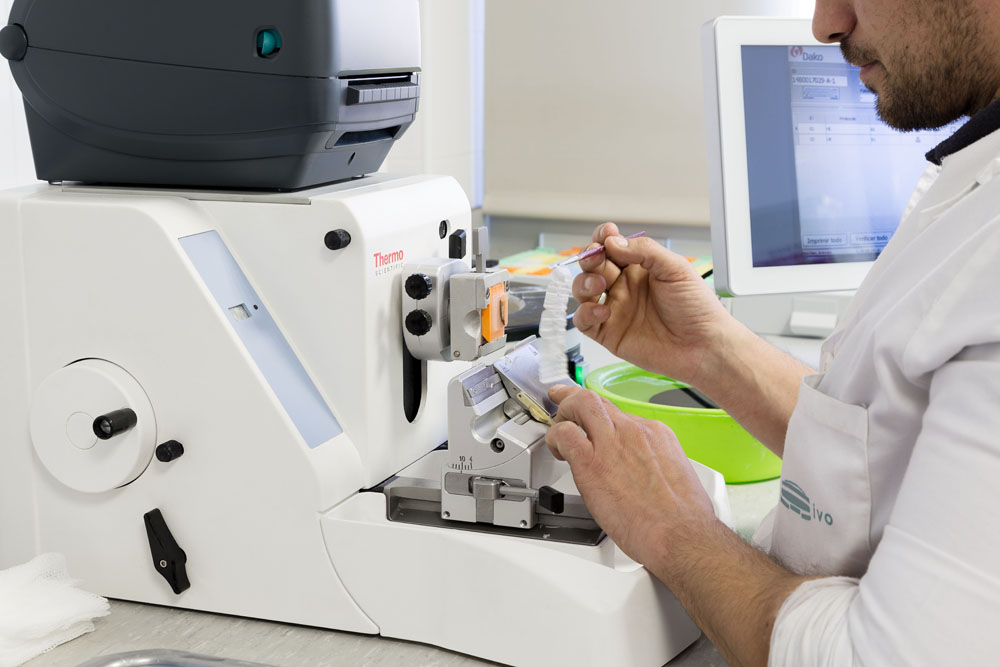- IVO
- Patient Advice
- MEDICAL STAFF
- SERVICES AND UNITS
- Clinical Analysis and Microbiology
- Anatomical pathology
- Anaesthesiology and Pain Therapeutics
- Molecular Biology
- Cardiology
- General and Gastrointestinal Tract Surgery
- Reconstructive Plastic Surgery
- Thoracic Surgery
- Genetic Counselling
- Dermatology
- Gastrointestinal Tract
- Nursing
- Pharmacy
- Physiotherapy
- Gynaecology
- Haematology
- Internal Medicine
- Nuclear Medicine
- Pneumology
- Neurosurgery
- Medical Oncology
- Radiation Oncology
- Ear, nose and throat
- Psychology
- Radiophysics and Radiological Protection
- Radiology
- I-ELCAP early detection unit
- Marqués del Turia Early Diagnosis Unit II
- Clinical Documentation and Admissions Unit
- Home hospitalisation unit
- Accident and Emergency
- Urology
- Tumour Committees
- SERVICES AND UNITS
- RESEARCH AND TEACHING
- THE CANCER
- NEWS



